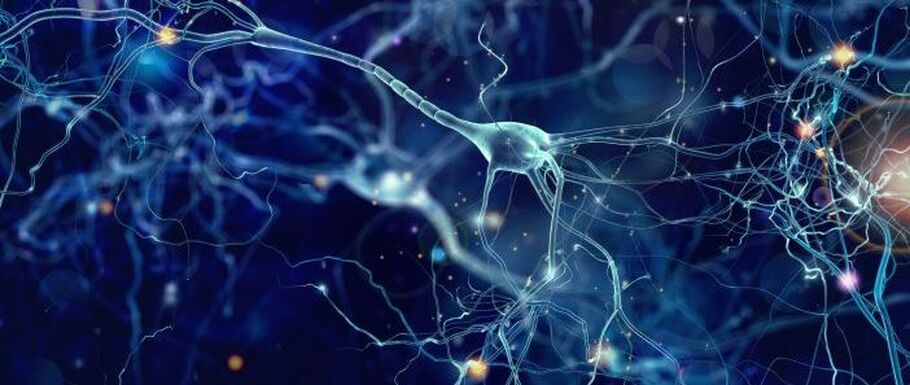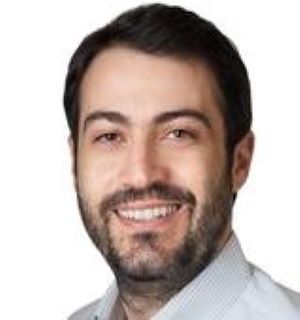|
January 2021 NEW THERAPEUTIC PROSPECT FOR ALSFeaturing: Evangelos Kiskinis, PhD
An experimental drug called ezogabine reduced spinal neuron excitability in patients with amyotrophic lateral sclerosis (ALS), according to a study published in JAMA Neurology. Abnormal cortical and spinal motor neuron excitability is a hallmark of the progressive neurodegenerative disease, so these findings suggest that the drug could have therapeutic value for patients, according to Evangelos Kiskinis, PhD, assistant professor in the Ken and Ruth Davee Department of Neurology Division of Neuromuscular Disease and a co-author of the study. “Most importantly, ezogabine decreased cortical and spinal motor neuron excitability in ALS patients in a dose-dependent manner,” said Kiskinis, who is also an assistant professor of Physiology, an investigator at the Les Turner ALS Center and a New York Stem Cell Foundation Robertson Investigator. “A larger and longer trial will need to be executed in order to assess therapeutic efficacy.” ALS is a progressive neurological disease that attacks motor neurons. Neuronal hyper-excitability is an early feature of both sporadic and familial ALS, but there is no cure and life expectancy is typically three to five years from the onset of symptoms. There are currently just two Food and Drug Administration-approved drugs for the treatment of ALS, but the therapeutic value of both treatments is rather small, according to Kiskinis. “At best, the drugs extend the lifetime of patients by a few months,” Kiskinis said. “There is a real need to develop more effective treatments.” When Kiskinis was a postdoctoral fellow in the laboratory of Kevin Eggan, PhD, professor of Stem Cell and Regenerative Biology at Harvard University, they identified defects in excitability traced back to potassium channels in patient-derived neuronal stem cells. Ezogabine is a small module activator of Kv7 channels, the same channels that control excitability of neurons. “Within a relatively short period of time, these findings in the ‘culture dish model’ were translated into a clinical trial,” Kiskinis said. The trial tested ezogabine in 65 patients with ALS, with some participants receiving a placebo and others receiving either 600 or 900 milligram doses of ezogabine per day. The investigators assessed effectiveness using threshold tracking transcranial magnetic stimulation, a technique where graduated levels of stimuli are applied to the nerve and measured to estimate excitability. Both treatment groups experienced a significant decrease in excitability across several metrics. Patients only received the treatment for four weeks, so it was not expected to affect disease progression. However, that dose-dependent response may be a good sign for future therapeutic efforts, according to Kiskinis, as consistent scaling is often necessary for a compound to move through the drug development pipeline. In addition, this study also helps make the case that greater neuron excitability, which has been shown to prognosticate disease progression, could be used as a biomarker in future trials of this or other similar drugs, Kiskinis said. This study was funded by the ALS Association, GlaxoSmithKline, Harvard Stem Cell Institute, and the Neurological Clinical Research Institute at Massachusetts General Hospital and the New York Stem Cell Foundation. This article was originally published in the Feinberg School of Medicine News Center on January 27, 2021. |
Evangelos Kiskinis, PhD, is an assistant professor in the Divisions of Neurology (Neuromuscular Disease) and Physiology at Northwestern Medicine.
Refer a PatientNorthwestern Medicine welcomes the opportunity to partner with you in caring for your patients.
|
You May Also Like
|
January 2020 |





